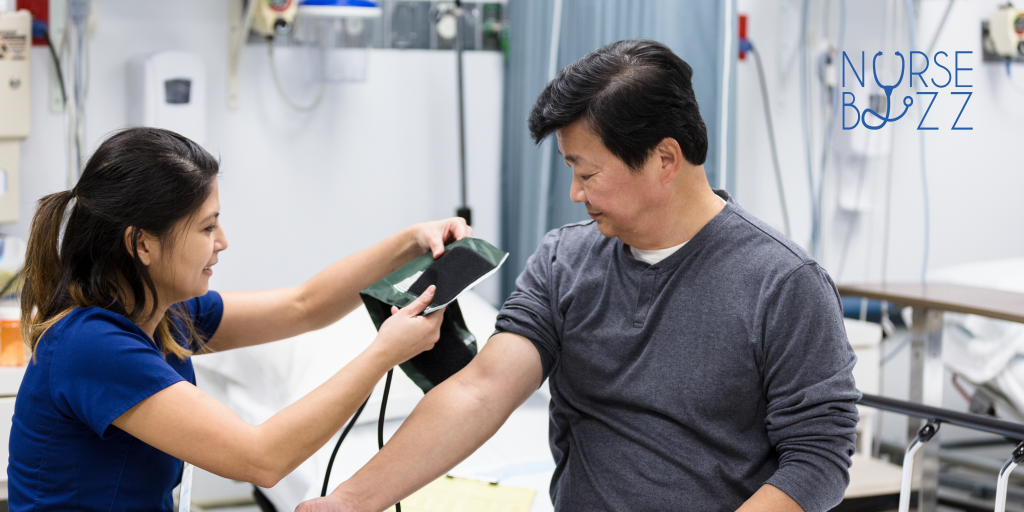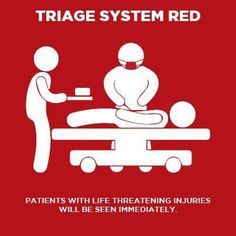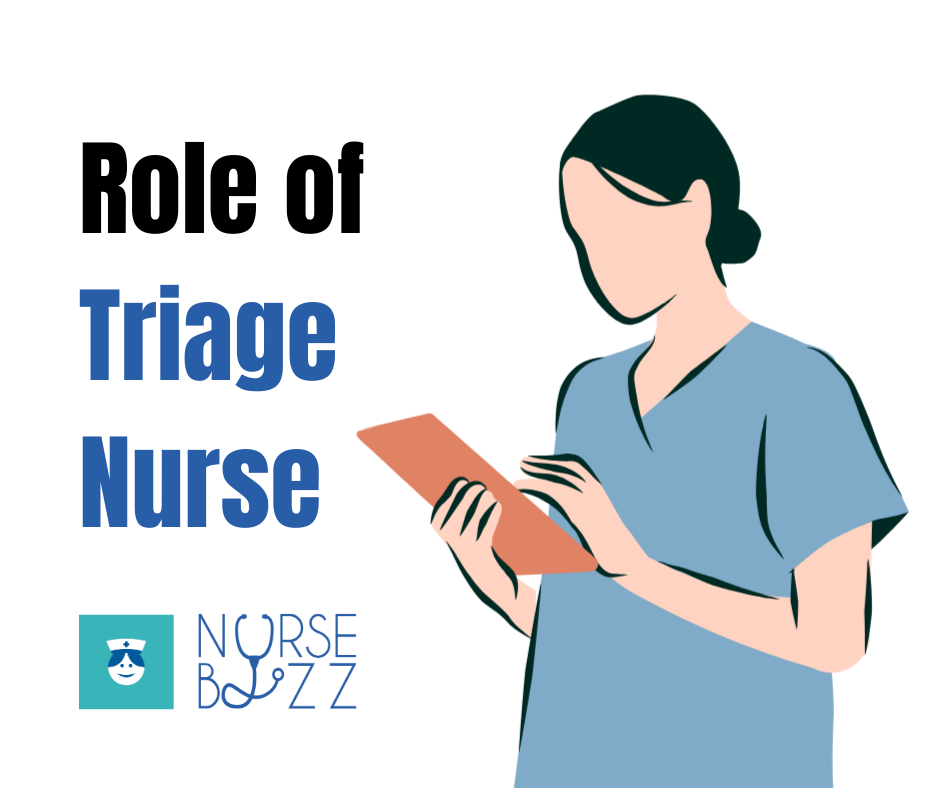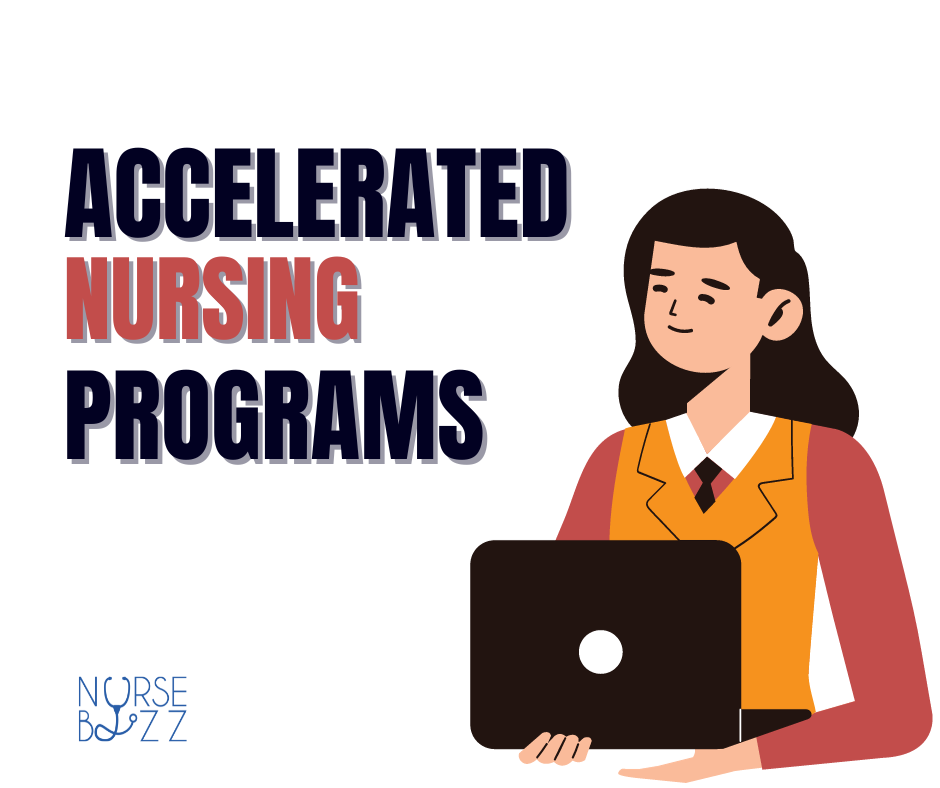Uncover the crucial role of a triage nurse in healthcare settings. Learn about their responsibilities and their impact on patient care.
In the fast-paced world of healthcare, every second counts. The role of a triage nurse, often hidden behind the scenes, is a critical one. These skilled healthcare professionals play a vital role in ensuring that patients receive timely and appropriate care. In this article, we will delve deep into the world of triage nursing, uncovering its importance, responsibilities, skills, and challenges.
What is a Triage Nurse?
Before we delve into their responsibilities, let’s start with the basics: What is a triage nurse? A triage nurse is a specialized healthcare professional responsible for assessing and prioritizing patients based on the severity of their condition. They are typically found in settings such as emergency rooms, clinics, and other healthcare facilities. Serving as the vital link between patients and the healthcare system, particularly in fast-paced environments, such as emergency rooms and clinics, their role is multifaceted and essential for the efficient functioning of healthcare services.

You might want to know, what is the difference between a nurse and a triage nurse? Nurses provide direct patient care, delivering treatments, monitoring vital signs, and assisting with daily activities in various healthcare settings. Triage nurses, on the other hand, specialize in assessing and prioritizing patients in urgent situations, typically in emergency departments. Their role ensures that critical cases receive immediate attention and helps prevent overcrowding.
Read About: 10 Everyday Items All Nurses Must Carry
The Responsibilities of Triage Nurses
What is the importance of triage nursing in patient care? Triage nurses are the front-line decision-makers in healthcare settings, entrusted with a range of critical responsibilities. These are the triage nurse responsibilities:
1. Initial Patient Assessment:
Upon a patient’s arrival, a triage nurse conducts a rapid but comprehensive assessment. They collect vital information such as the patient’s medical history, current symptoms, and any allergies or medications. This initial assessment helps them gauge the patient’s condition quickly.
2. Prioritizing Care:
One of the most critical roles of a triage nurse is determining the priority of care. They use a combination of clinical judgment and established protocols to categorize patients into different levels of urgency. This process ensures that patients with life-threatening conditions receive immediate attention, while others are seen based on the severity of their conditions.
3. Effective Communication:
Triage nurses are excellent communicators. They must convey complex medical information to both patients and the healthcare team. Clear and concise communication is vital for explaining the treatment plan, calming anxious patients, and ensuring that the medical team understands the patient’s needs.

4. Resource Allocation:
In emergency situations, resources like medical equipment, staff, and space may be limited. Triage nurses play a pivotal role in allocating these resources efficiently. They make decisions that maximize the chances of positive patient outcomes while considering the needs of multiple patients.
5. Rapid Decision-Making:
Triage nurses are trained to think quickly and make sound decisions under pressure. They must identify critical symptoms, assess the urgency of situations, and decide on the appropriate course of action. This rapid decision-making can be the difference between life and death in emergency situations.
6. Documentation:
Accurate and thorough documentation is a fundamental aspect of a triage nurse’s role. They meticulously record patient information, assessments, and decisions in the patient’s medical record. This documentation is essential for continuity of care, legal purposes, and quality improvement efforts.
7. Collaborating with the Healthcare Team:
Triage nurses work closely with other healthcare professionals, including doctors, nurses, and medical assistants. They relay vital information to the medical team, enabling them to provide timely and appropriate treatment. Collaboration is key to ensuring a seamless continuum of care for patients.
Skills and Qualities of an Effective Triage Nurse
Being an effective triage nurse requires a distinct blend of skills and qualities that not everyone possesses. Triage nurse qualifications are essential. To excel in this demanding role, triage nurses must cultivate and exhibit:
1. Exceptional Communication Skills
Exceptional communication skills are a cornerstone of a successful triage nurse. This includes active listening, where triage nurses must engage attentively with patients, comprehending their medical histories and symptoms accurately to ensure patients feel heard and understood. In addition to listening, clear articulation is paramount; triage nurses must proficiently convey intricate medical information in a clear and concise manner, ensuring effective communication with both patients and the healthcare team.
2. Strong Decision-Making Abilities
How does a triage nurse make critical decisions during emergencies? Critical thinking and prioritization are essential skills for triage nurses. In high-pressure healthcare settings, they must swiftly analyze diverse patient cases, making well-informed decisions about who needs immediate care and who can wait. This involves using their judgment, medical knowledge, and established protocols to prioritize patients based on the urgency of their conditions, ensuring efficient healthcare delivery.
3. Capacity to Work Under Immense Pressure
Triage nurses must possess both composure and adaptability in their roles. Fast-paced healthcare settings often present stressful situations, making it crucial for triage nurses to maintain composure as they work. This composure is vital for making accurate assessments and decisions amidst pressure. Additionally, the healthcare landscape is dynamic, with changing circumstances, patient influxes, and evolving medical information. Triage nurses need to adapt swiftly to these shifts to ensure they continue to provide efficient and effective care to patients.
4. Empathy and Compassion

Triage nurses adopt a patient-centered approach that combines empathy and compassion, recognizing that patients and their families may be anxious or distressed when seeking medical care. This compassionate approach ensures that patients feel understood and supported during their healthcare journey. Additionally, while demonstrating empathy, triage nurses must also maintain emotional resilience. In their roles, they may encounter emotionally challenging cases, and their ability to remain emotionally resilient is vital for providing consistent and effective care while navigating difficult and emotionally charged situations in healthcare settings.
5. Multitasking and Organizational Skills
Triage nurses are excellent at managing their time, handling many tasks at once to make sure each patient gets the care they need quickly. They’re like skilled jugglers in a fast-paced healthcare world. They also pay very close attention to details, making sure everything is recorded accurately because even small mistakes can cause big problems. This helps keep patients safe and their medical records correct.
Read About: Must Haves Home IV Practice Kits For Every Nursing Student!
6. Medical Knowledge and Expertise
Triage nurses are highly skilled in their medical knowledge and assessment abilities, enabling them to identify critical symptoms and conditions effectively. They have a strong foundation in these areas, which is crucial for making quick and accurate decisions in emergency situations. Furthermore, healthcare is constantly evolving, with new practices and technologies emerging. Triage nurses are dedicated to continuous learning, ensuring they stay up-to-date with the latest advancements in healthcare. This commitment to ongoing education enables them to provide the best possible care to patients, adapting to the ever-changing landscape of modern medicine.
Challenges as Triage Nurses
Life as a triage nurse can be demanding, and these healthcare professionals often encounter various challenges in their roles:
1. Emotionally Charged Situations
Triage nurses frequently find themselves in emotionally charged situations. They interact with patients and their families during some of their most vulnerable moments, such as when patients are in pain, distressed, or experiencing life-threatening emergencies. Managing the emotions of patients and their loved ones while maintaining professionalism can be emotionally taxing.
2. Competing Demands
In busy healthcare settings, triage nurses must navigate competing demands efficiently. They face a constant influx of patients with varying degrees of urgency. Balancing the needs of multiple patients and ensuring that each receives timely care requires exceptional organizational and multitasking skills.
3. Long Hours and Shift Work
Triage nurses often work long hours and irregular shifts, including nights, weekends, and holidays. The 24/7 nature of healthcare means that they must be available to respond to emergencies at any time. This can lead to irregular sleep patterns and work-life balance challenges.
4. Ethical Dilemmas
Triage nurses frequently encounter ethical dilemmas in their roles. They must make difficult decisions about resource allocation, such as prioritizing one patient’s care over another based on the severity of their condition. These decisions can weigh heavily on their conscience, as they understand that their choices have a direct impact on patient outcomes.
5. High-Stress Environments
The fast-paced and high-stress environments of emergency rooms and healthcare clinics can take a toll on the mental and emotional well-being of triage nurses. They must remain calm and composed under pressure while making rapid, potentially life-saving decisions.

Triage Nurse Training and Certification
Becoming a triage nurse requires a specific educational path and certification to ensure that these healthcare professionals are well-prepared for their critical roles. So, what skills and qualifications are required to become a triage nurse?

1. Educational Requirements
- Nursing Degree: To embark on a career as a triage nurse, individuals typically start by completing a nursing program. This can include a diploma in nursing, an associate degree in nursing (ADN), or a Bachelor of Science in Nursing (BSN) degree.
2. Licensing
- RN Licensure: After completing the nursing program, aspiring triage nurses must pass the National Council Licensure Examination for Registered Nurses (NCLEX-RN) to become licensed registered nurses (RNs). This licensure is the foundation for their nursing practice.
3. Clinical Experience
- Clinical Practice: Triage nurses often gain valuable clinical experience by working in various nursing roles, such as medical-surgical nursing, emergency nursing, or critical care nursing. This hands-on experience helps them develop essential skills and knowledge in patient assessment and care.
4. Specialized Training
- Triage Training: Specialized training in triage is essential. Many healthcare facilities offer triage nurse training, which includes instruction on the specific protocols and procedures used in their particular healthcare setting.
5. Certification
- Certified Emergency Nurse (CEN): While not always mandatory, many triage nurses choose to pursue additional certification, such as triage nurse certification. The Certified Emergency Nurse (CEN) credential, offered by the Board of Certification for Emergency Nursing (BCEN), is highly regarded in the field of triage nursing. To obtain CEN certification, nurses typically need a minimum amount of experience in emergency nursing and must pass a rigorous examination.
- Other Relevant Certifications: Depending on their work environment, some triage nurses may also pursue certifications related to areas such as pediatric nursing (Certified Pediatric Emergency Nurse – CPEN) or trauma nursing (Trauma Certified Registered Nurse – TCRN) to enhance their expertise.
6. Continuing Education
- Ongoing Learning: Triage nurses are committed to continuous learning. They stay updated with the latest medical practices, technologies, and emergency care guidelines. This involves participating in regular continuing education programs and courses.
Career Outlook and Future Trends for Triage Nurses

The role of triage nurses in healthcare, continually evolving in response to changes in healthcare delivery and patient needs, plays a crucial role in the medical field. Here’s an overview of the career outlook and emerging trends in triage nursing:
1. Increasing Demand for Triage Nurses
With an aging population and advancements in medical technology, the demand for healthcare services continues to rise. Triage nurses play a crucial role in managing patient flow and ensuring timely access to care. Triage nurses are essential during public health emergencies and natural disasters. Their expertise in assessing and prioritizing patients is invaluable in such situations.
2. Expanding Scope of Practice
The advent of telehealth has expanded the scope of triage nursing. Triage nurses now provide remote assessments and guidance, helping patients determine whether they need in-person care or can manage their conditions at home.
3. Technological Advancements
Triage nurses increasingly rely on electronic health records (EHRs) and digital tools to streamline patient assessments, documentation, and communication with healthcare teams. Some healthcare systems are exploring the use of artificial intelligence (AI) for initial patient assessments. Familiarity with healthcare technology is becoming a valuable skill.
4. Triage Nurse Certification and Specialization
Triage nurses may choose to specialize further, focusing on specific areas such as pediatric triage, geriatric triage, or trauma triage. Specialized certification, such as CPEN or TCRN, can enhance career opportunities.
5. Professional Development
Experienced triage nurses may pursue leadership roles, such as charge nurse or triage team manager, where they oversee and guide other nurses in triage settings.
Conclusion
In conclusion, triage nurses are unsung heroes in healthcare, playing a pivotal role in patient care. Their ability to make quick and accurate decisions can be the difference between life and death in emergency situations. As we’ve seen, their responsibilities, skills, and challenges make them an indispensable part of the healthcare team.




